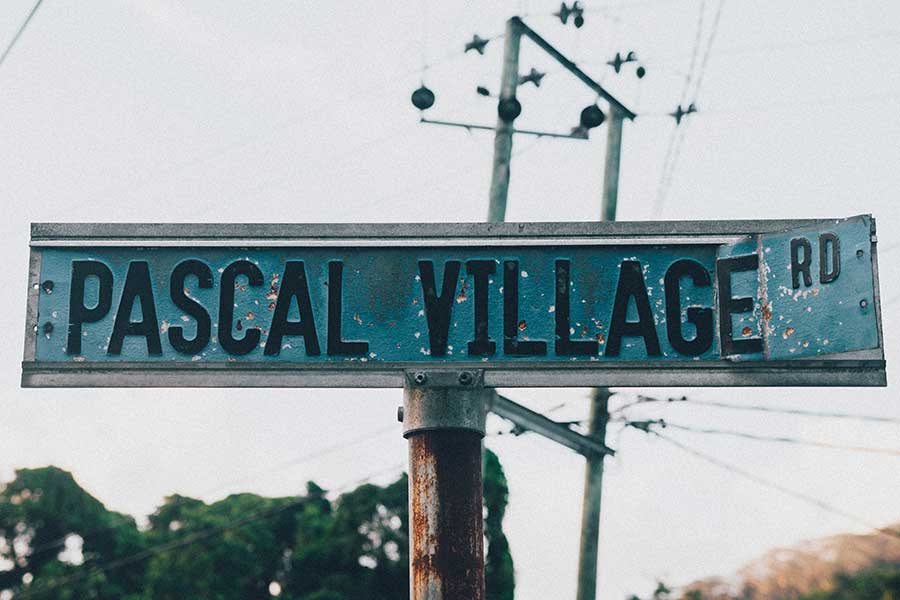Get inspired...
Tips to Avoid Travel Scams: What You Need To Know Before You Go!
Traveling the world is an experience like no other. It opens up endless possibilities to explore new cultures, meet new people, and have life-changing experiences. However, it is important to remain vigilant when traveling as there are unfortunately many scams out there that could take advantage of unsuspecting travelers. Thankfully, there are some tips to avoid travel scams and stay safe on your next journey. Knowing what to look out for, how to be prepared, and how to protect yourself are key components to keeping your travels safe and secure. Keep reading to learn more about tips to avoid travel scams and what you need to know before you go!

What is a travel scam?
A travel scam can be an individual or company who deceives or defrauds unsuspecting travelers by selling them a false promise or product. They can be difficult to spot and often rely on people being unfamiliar with the area or not knowing what to look out for. They could involve anyone from taxi drivers to hotel staff members, and are very common in many tourist destinations around the world. Travel scams can be anything from someone trying to rob you, to providing you with a product or service that doesn’t meet the promised standards.
They often advertise themselves as being cheaper than the competition, or trick you into paying more than you originally intended. When traveling, it’s important to be aware of what could happen and how to avoid these situations before they occur.
Types of travel scams
- Credit card fraud - Scammers will often steal your credit card details and make unauthorized charges when you’re out and about. It’s important to keep an eye on your statements when you’re traveling and report any suspicious activity as soon as you can.
- Travel money scams - These are scams that involve money exchanges and can occur when you arrive at the airport, hotel, or anywhere else that requires you to exchange your money for the local currency.
- Taxi scams - Taxi scams are commonly found in tourist destinations, and can include the driver taking you on a long route, being overcharged, or even being robbed.
- Hotel scams - Hotel scams can be difficult to recognize since they often rely on the hotel being misrepresented or having poor customer service.
- Restaurant scams - Restaurant scams are very common in large cities, and involve you being overcharged for items on the menu.
- Travel insurance scams - Travel insurance scams occur when you’re scammed into paying for an insurance that you may not need and doesn’t cover the things you think it does.
Tips to avoid travel scams
Travel scams are often difficult to spot, but with the right precautions in place, you can greatly reduce your chances of falling victim to one. Being aware of common scams in the country you are traveling to is a great starting point. For example, if you’re traveling to Spain, you should be aware of the common Spanish-Phil scam.
You should also research and book your trip through a reputable travel agent or website such as Quintrip, as they are more likely to be legitimate than someone approaching you on the street.
- Avoid street vendors - Street vendors can be very pushy and persuasive, which is often a sign that they are trying to trick you into buying something you don’t want or need.
- Be cautious with credit card machines - If you need to use a credit card machine, be skeptical of who is around it and avoid putting your card in the machine if you see something or someone out of the ordinary.
- Be careful when sharing personal information - Keep your personal information to yourself and avoid sharing it with people you don’t know.
- Stay in secure public places - Avoid public parks, streets, and areas that are not secure.
Signs that you may be a target for a travel scam
- You notice a lack of people in the area where you are staying - If you notice that the area you are staying in is completely empty, this could be a sign that you have been scammed.
- You are approached by someone you don’t know - This can be a sign that you are being scammed and should walk away immediately.
- Someone is trying to sell you something or get you to sign up for something - People in the travel and tourism industry won’t try to sell you something, they will provide helpful suggestions.
- You are in an unfamiliar area - If you are in an unfamiliar area, be cautious and avoid going off on your own.
- You are in a rush to leave - People who are scammers will try to rush you into making a decision because they don’t want you to have enough time to think about it.
How to protect yourself from travel scams
- Avoid taking money from people that you don’t know - It’s important to avoid taking money from people, especially when you don’t know them.
- Avoid public Wi-Fi - Public Wi-Fi is not secure and can be dangerous, so keep your information safe by connecting to a secure network.
- Be aware of your surroundings - Stay aware of your surroundings so you can recognize if something suspicious is happening.
- Hide your travel money - It’s common for people to try to steal your money, so make sure to keep it hidden or in a secure place.
- Avoid drinking and taking drugs - Drinking and taking drugs while traveling can leave you vulnerable and make you an easy target.
What to do if you have been scammed
- Report the situation - Report the situation to your local authorities so that they can track down the scammers.
- Check your credit card and bank account - Check your credit card and bank account to make sure that no one has used your information.
- Get in touch with your travel insurance provider - They will be able to provide you with information on how to proceed next.
- Change the locks on your home - Changing the locks on your home will help protect you again any scammers that broke into your home.
How to report a travel scam
If you have been scammed and want to report it, it’s important to do so as soon as possible. You can report the travel scam to your local police department. You can also report the scam on the Federal Trade Commission’s Scam Tracker. By reporting the scam, you can help warn other travelers and prevent them from falling victim to the same scam.
Related Posts













